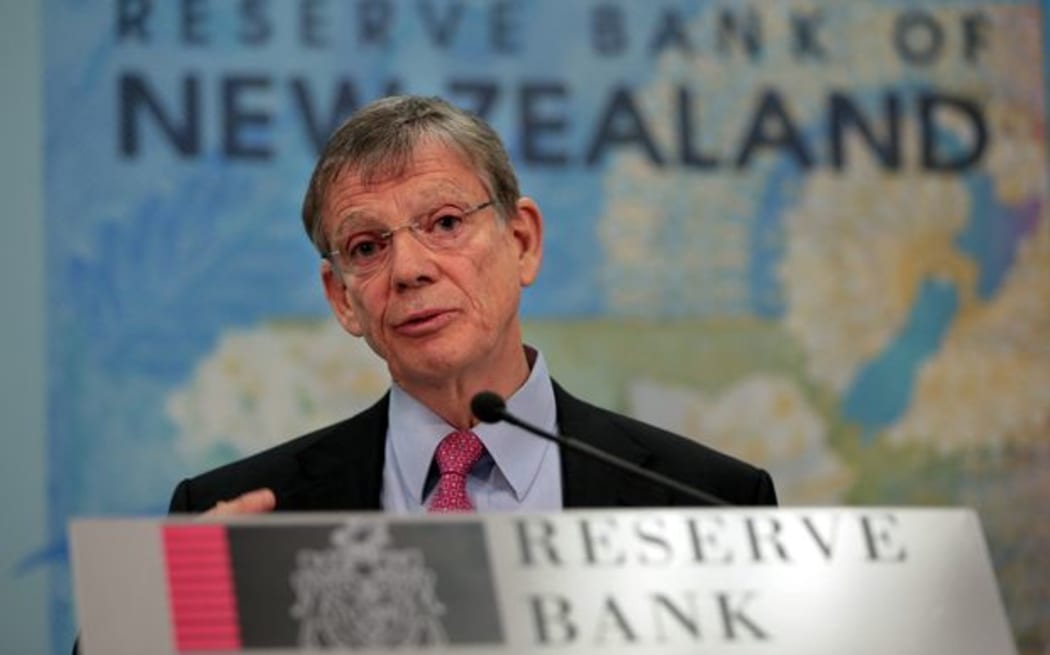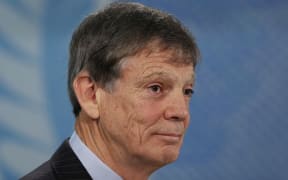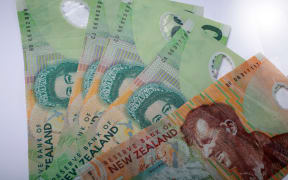The Reserve Bank has left the Official Cash Rate unchanged at 3.5 percent, and signalled the cost of borrowing would be on hold for some time.

Reserve Bank Governor Graeme Wheeler Photo: RNZ / Diego Opatowski
The central bank said economic growth had been above average during 2014, supported by strong construction activity, surging immigration and historically low interest rates.
It expected the economy would cool over coming years.
Internationally, the central bank said growth had eased in most major economies, apart from the United States, and it expected interest rates would remain very low for longer.
Lower dairy prices and increased global financial market volatility led to a fall in the dollar, but the Reserve Bank said the currency remained unjustifiably and unsustainably high, which was curbing exporters earnings.
It expected the dollar to drop much further.
Inflation was at the bottom of the Reserve Bank's 1 to 3 percent target band, which it said was due to modest wage rises, weak global inflation, falling oil prices and the high dollar.
ASB Bank chief economist Nick Tuffley said low inflation was now dominating the Reserve bank's thinking.
"They have started to question whether or not further interest rate increases need to occur to keep interest inflation under control.
"So it is a big shift from essentially saying, for an number of occasions now, that further rate increases will be needed."
The housing market had become less of a concern for the Reserve Bank, with house price growth falling significantly since late 2013, due in part to higher interest rates and lending restrictions.
The Reserve Bank warned that while higher interest rates have helped cool the fast growing economy, inflation was expected to increase as expansion continues.
But it dropped any reference to lifting rates in the future, saying it would continue to watch and wait before deciding the next move in the cost of borrowing.
Mr Tuffley was picking that the next rate rise would be in September next year, and the official cash rate would peak at four percent in this cycle.
"We do see risks either way around that so there is a possibility it could be a bit higher if the inflation environment turns out to not be as benign as it's looked very recently.
"But there is that prospect that we don't need further rate increases."
The dollar fell more than a cent against its US counterpart this morning, though that has been mainly due to an upbeat assessment about the US economy from the Federal Reserve as it ended its stimulus programme.




